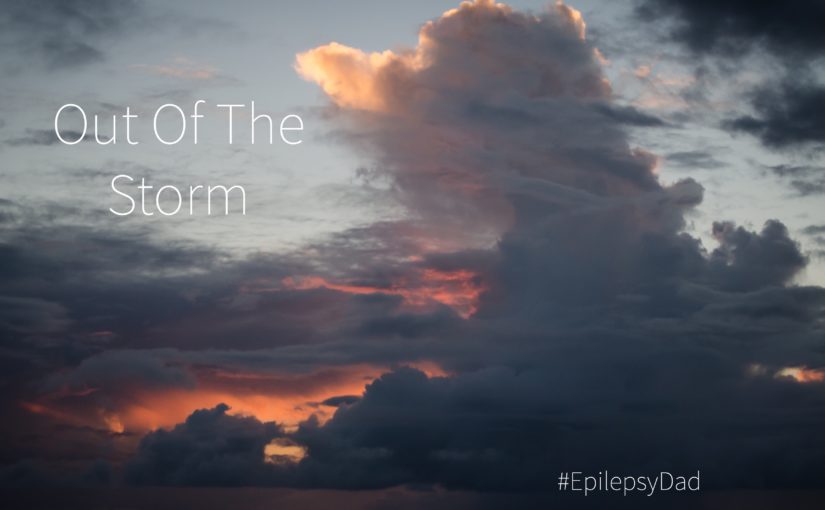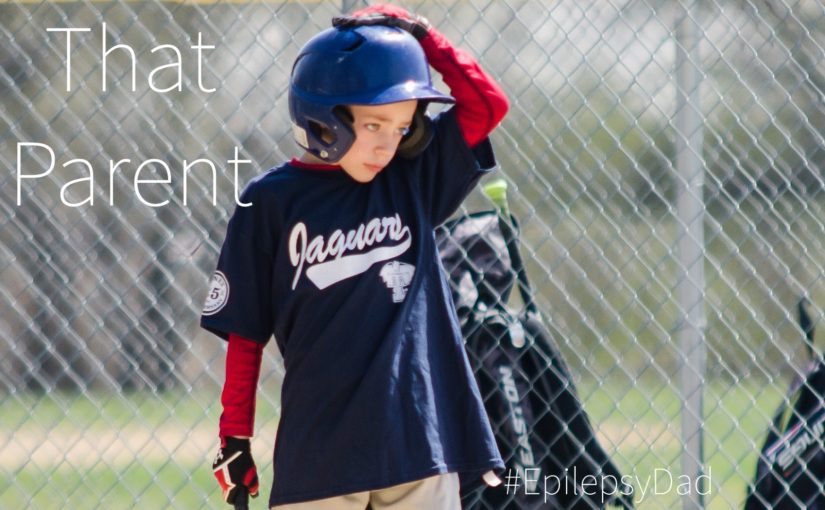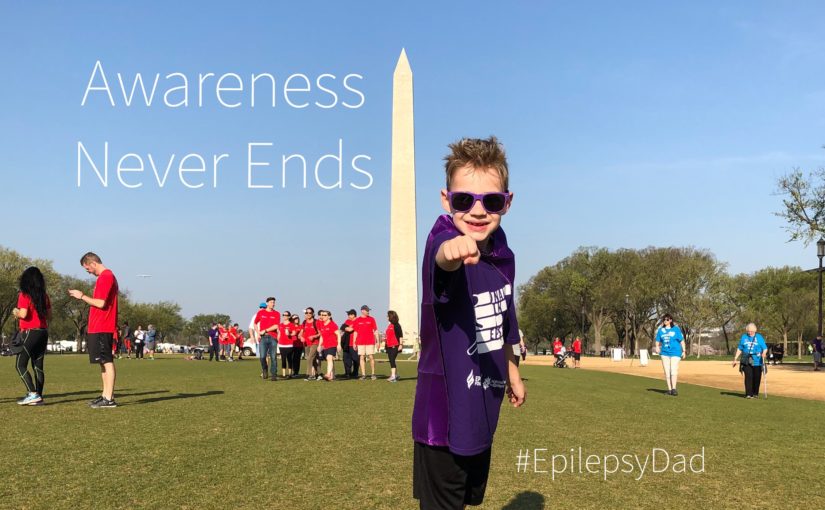“And once the storm is over, you won’t remember how you made it through, how you managed to survive. You won’t even be sure, whether the storm is really over. But one thing is certain. When you come out of the storm, you won’t be the same person who walked in. That’s what this storm’s all about.” ~Haruki Murakami
We never saw the storm coming. Before we knew what was happening, we were surrounded by it. The pounding rain and furious wind disoriented us and knocked us from the path that we were on. And the lightning. The lightning shot through my son’s brain and contorted his tiny body. With relentless force, it changed our lives forever.
When the storm first hit, it scattered us. It pulled us away from each other and left us feeling lost and alone. I was angry at the storm. Angry for trying to take my son. Angry for trying to take my family. Angry for making me feel helpless. I shouted at it. I kept shouting, but it didn’t relent. Even after I lost my voice, I kept shouting until I realized that shouting wasn’t going to help me find my family. So I stopped shouting and began my search.
It took awhile for me to catch my bearings. The storm forced me to shed some of the baggage I was carrying to make progress and move forward. My wife was on a similar path, and she had started moving forward, too. Eventually, we found each other through the endless rain. We found our son, too. His frail body was exposed to the storm more than ours and we weren’t sure if he would recover. So we took turns covering him until he was finally able to move. Tired, battered, but together, we set off as a family to find our way through the storm.
It was years before we could see even a few feet ahead of us. Years where our hands would slip for each other’s grasp but we managed to reach for each other before we slipped too far apart. Some days we would take turns carrying our son or carrying each other. We kept moving, but it felt like we were going in circles. The storm would seem to let up only to return in force with another step. We’d tread over the same ground, seeing the footsteps we’d left pooled up with water.
After years of wandering, we stopped walking. If we weren’t going to make it out of the storm, we knew we needed shelter. At first, it wasn’t much. The wind would easily push over our weak walls, forcing us to rebuild. But we learned and built stronger walls. When the weight of the rain was too much and collapsed the roof, we rebuilt it, too, stronger than it was before. We found other people who were in the same storm, and we helped each other. And there were people living outside the storm who would send in their support, too.
Today, we find ourselves both out of the storm but still in it. We can see it through the window, threatening to take down our shelter if we let our guard down. So we continue to reinforce the walls we used to build it. We’re doing it as a family, closer than ever before because of the journey we are on together. None of us are the same people that we were when we walked in. We are changed. Tighter. Stronger.
The storm isn’t over and it won’t give up. And neither will we.


